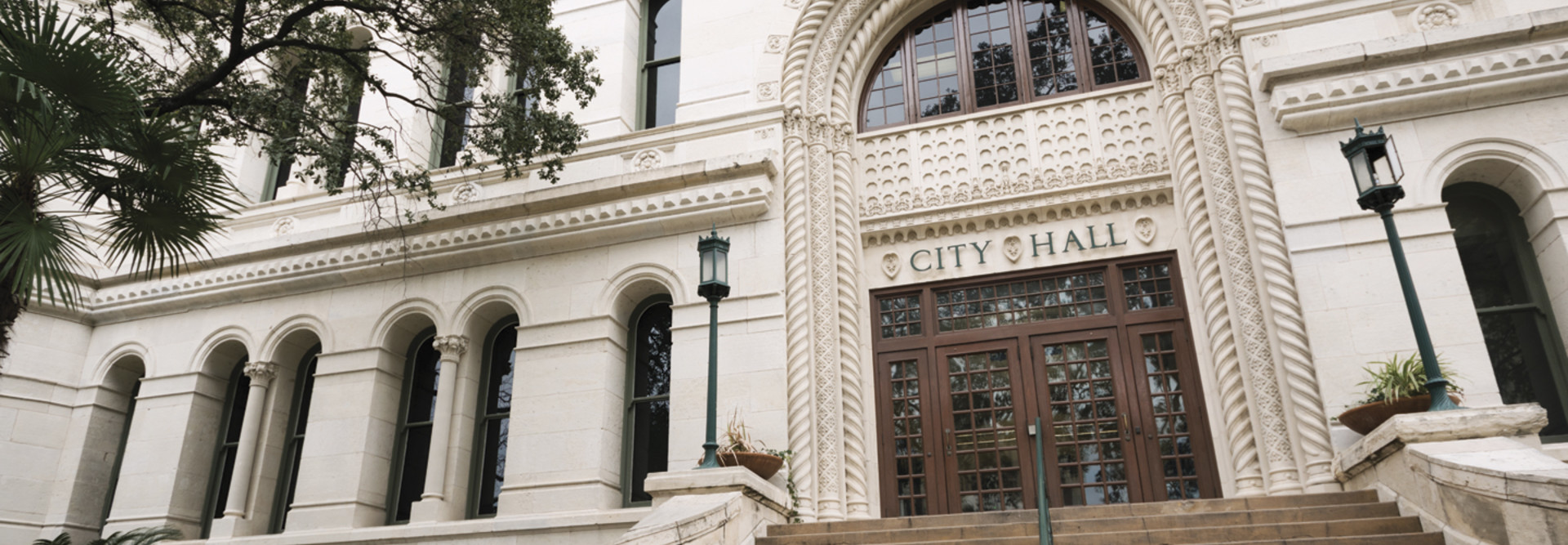Mayors Press Feds to Support Cybersecurity, Innovation
City leaders across America are flexing their muscle. Today, cities account for 86 percent of the country’s population and 91 percent of real gross domestic product.
Last month, the U.S. Conference of Mayors released the Mayors’ Vision for America: A 2020 Call to Action, a 28-page plan outlining the group’s vision for policy changes in 2020 and beyond as the presidential election campaign ramps up.
The plan touches on areas such as transportation infrastructure, water and sewer systems, clean energy, and more. However, technology and cybersecurity are also key elements of the plan. City leaders say that with political gridlock gripping Washington, the time is ripe for local leaders to set the agenda for innovative policy changes.
“The value of mayoral leadership has never been higher. We know this because data shows that the public trust is highest at the local level,” USCM President Bryan Barnett, who is also mayor of Rochester Hills, Mich., said in a conference call with reporters, according to Governing. “We believe that cities bring people together, that they drive economic growth, that they’re the place where culture is created and where innovation is really harvested and incubated. They are the center of American life.”
The president and Congress should work with local leaders to protect election infrastructure from cyberattacks, support local governments’ piloting of innovative technologies and develop data standards, according to the plan.
MORE FROM STATETECH: What are the best practices for smart city success?
Mayors Push for Cybersecurity, Support for Innovation
The plan notes that, according to 2018 Gallup poll, 72 percent of U.S. adults say they have a “great deal” or a “fair amount” of trust in their local government.
“The public’s confidence in the actions of their local leaders and local governments is an important asset as many new technologies, increasingly disruptive ones, are being deployed throughout the U.S.,” the plan states.
Cities have been among the leaders in digital government and have embraced transparency and collaboration with open data.
The plan adds that cities are often leading the public debate about the need to secure governmental systems from domestic and international IT security threats. Cities are also leading in the piloting and testing of autonomous vehicles and drones, and in building new partnerships with telecommunications companies to expand access to broadband and wireless services.
To keep the momentum going on such projects, the USCM plan calls for federal officials to work with all levels of government to create “data standards to improve access, interoperability, transparency, and security, and provide resources to cities to respond to intentional and deliberate” cybercrime.
As the 2020 election season gets underway in earnest, and as concerns persist about cybersecurity of election infrastructure, the plan calls for efforts to “protect election systems and other technology assets in local government with financial and technical support.”
USCM is seeking support for local efforts to provide greater digital equality and literacy, including for senior citizens.
The plan also asks for federal leaders to support local efforts to “pilot and test new technologies, especially in the transportation sector, giving communities the opportunity to evaluate and deploy these systems free from unnecessary federal pre-emption and/or ‘one-size-fits-all’ federal regulatory regimes.”









